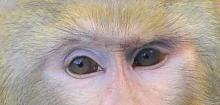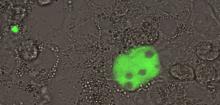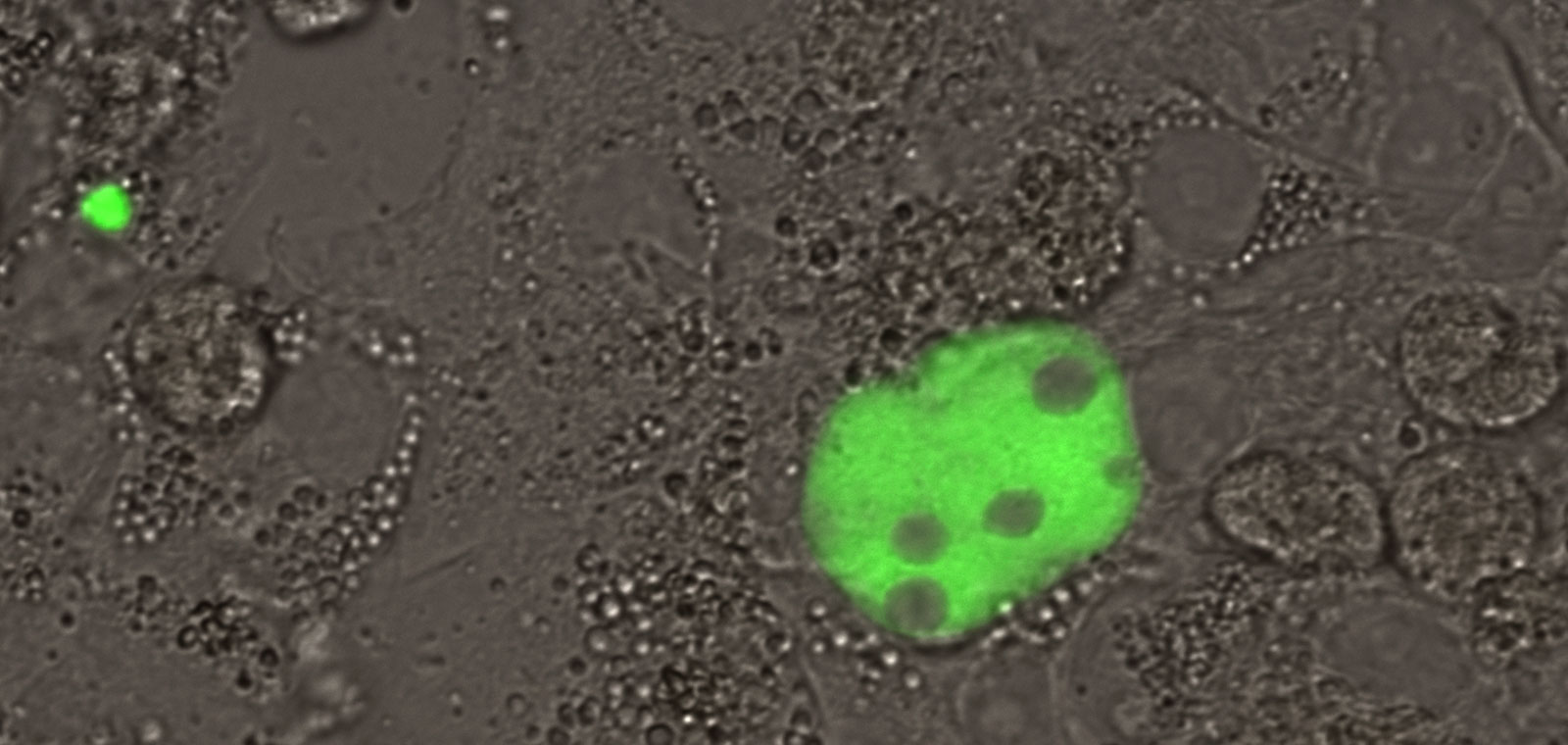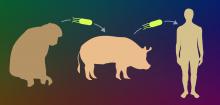What makes MS research so complex?
As of April 2018 Fampyra, a medication taken to treat MS, is no longer covered under standard health insurance policies. (The Dutch television programme TROS Radar recently discussed this here. The news was a blow for MS patients, who use this expensive medication to combat symptoms of their affliction.












